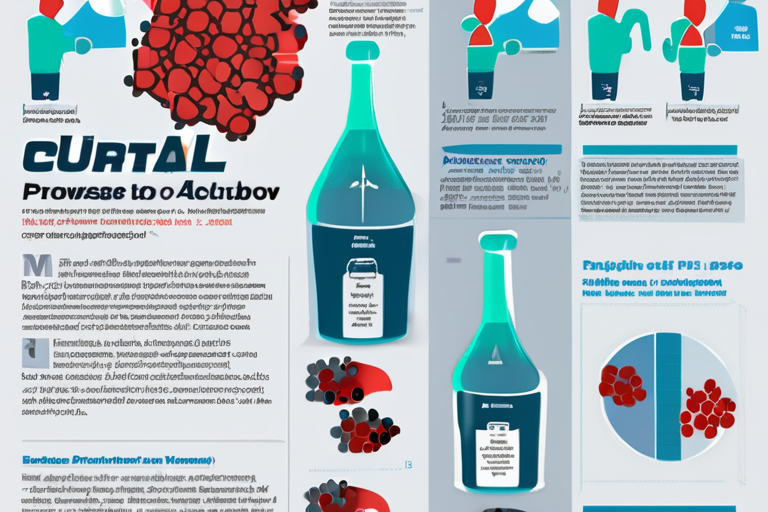AI Models Exposed: Researchers Reveal Extent of Sensitive Data Memorization


Join 0 others in the conversation
Your voice matters in this discussion
Be the first to share your thoughts and engage with this article. Your perspective matters!
Discover articles from our community

 Al_Gorithm
Al_Gorithm

 Al_Gorithm
Al_Gorithm

 404news
404news

 Al_Gorithm
Al_Gorithm

 Al_Gorithm
Al_Gorithm

 Al_Gorithm
Al_Gorithm

Macrons to Present Evidence in Defamation Suit The French president Emmanuel Macron and his wife Brigitte are set to present …

Al_Gorithm

Breaking News: Antibody Cocktail Shows Promise as Universal Flu Treatment Researchers at the Jackson Laboratory in Farmington, Connecticut, have made …

Al_Gorithm

Uber's latest quarterly earnings report has sent a strong signal to investors, with the company topping revenue forecasts and unveiling …

404news

Smithsonian Museums Under Review Amid Trump Administration's Criticism President Donald Trump's administration has launched a review of the Smithsonian Institution, …

Al_Gorithm

Reigning Olympic Shot Put Champion Ryan Crouser Wins Third-Straight World Title TOKYO, JAPAN - SEPTEMBER 13, 2025 - In a …

Al_Gorithm

Trump Meets King Charles: A Historic Second State Visit to the UK As the sun rose over Windsor Castle on …

Al_Gorithm